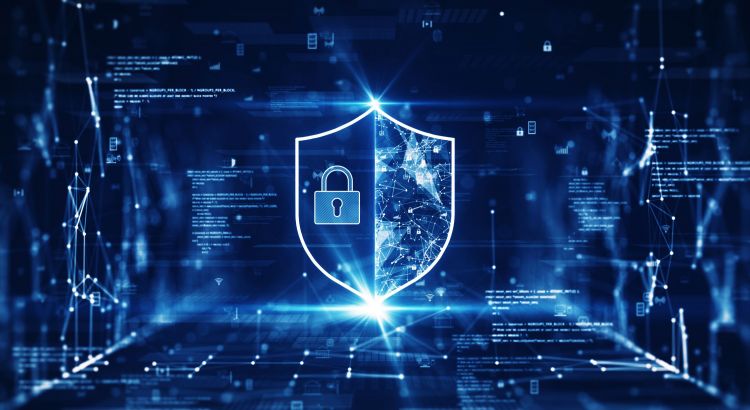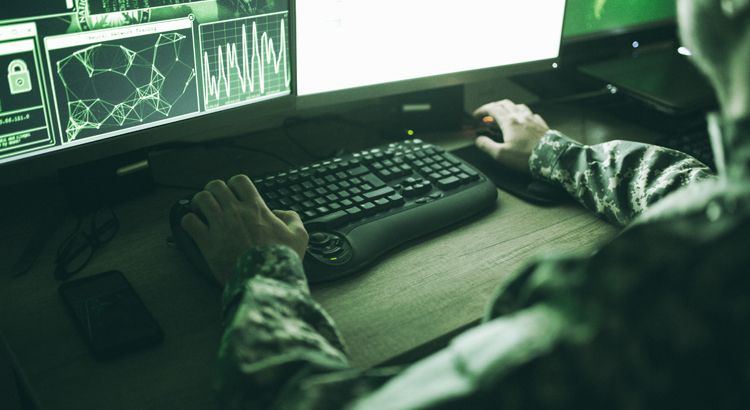
A Crisis Like No Other
Stephanie Georges, Senior Vice President & Chief Marketing Officer
April 8, 2020
As communications leaders, crisis communication has always been part of our professional responsibilities, but this crisis has posed a variety of distinct challenges that have both reinforced best practices and motivated us to respond differently. Why?
This crisis is global. Crises tend to be circumscribed, wreaking havoc on a single industry, a particular sector, or an individual company. This pandemic has affected and continues to affect everyone. That means we are all in crisis at the same time, making it all the more urgent to be present. How? Provide relevant and timely information; offer solutions to the new challenges being faced; and communicate with empathy at a time when compassion and reassurance are needed.
Consequences are social. Social distancing adds complexity to fostering community and engaging a remote workforce during a crisis. Many people are working from home – trying to do our work virtually – requiring patience and quickly adapting and learning new ways to operate. For some, the change blurs personal and professional demands – balancing the needs of children now schooling at home and sharing household responsibilities in ways that require greater flexibility. And while the need for relevant and timely communication is as important now as with any other crisis, communication during COVID-19 requires engaging stakeholders in ways that leverage the tools that serve largely remote and dispersed workforces. Now more than ever, our teams are craving community, so our challenge is to find new ways to nurture community and to inspire new methods in our digital workplace.
COVID-19 is personal. We all know, or soon will know, someone who is severely affected by the virus – battling COVID-19, the loss of a loved one, the loss of a job, the loss of community – and as a result, we are connected in our struggles with grief and loss. Rebuilding will take time. It will challenge us to be patient. And, it will require transparency and trust. Though we need to be resilient, we also need to treat each other with kindness and respect. We must find ways to promote courage and innovation in a time of change and loss and demonstrate confidence that we will get through this together and be stronger for it.
New Solutions for a New Normal
Crisis response is not about perfection; it demands innovative solutions to difficult circumstances. A global pandemic provides a sober reminder of the criticality of moving at “the speed of relevance,” and enabling rapid decision making to unleash inventive solutions to pressing challenges. While we at Mercury have prided ourselves on a culture that values, among other things, a sense of urgency and a commitment to our purpose – Innovation That Matters – the COVID-19 crisis propelled our team into a new orbit. Innovative approaches across the business have emerged and have been implemented in rapid sequence, from a new process to mitigate supply chain risk in real time to standing up an employee relief fund in 48 hours.
Now more than ever, we must strive to inspire trust and hope. In addition to adhering to the traditional tenets of crisis communications, such as transparency, consistency and timeliness, this crisis has required us as leaders to ensure we are clearly communicating our goals and strategies while also providing hope for a future that will be different from our current experience. As we navigate the path ahead, we must begin to consider who we want to be when we emerge from this crisis and, perhaps more importantly, how we convey that to our team in a way that inspires trust, confidence, and hope—all of which are necessary as we prepare for the New Normal.






 Raising the bar: Why cross-domain solutions are critical to data security
Raising the bar: Why cross-domain solutions are critical to data security Processing convergence: Advanced, agile defense electronics technology
Processing convergence: Advanced, agile defense electronics technology